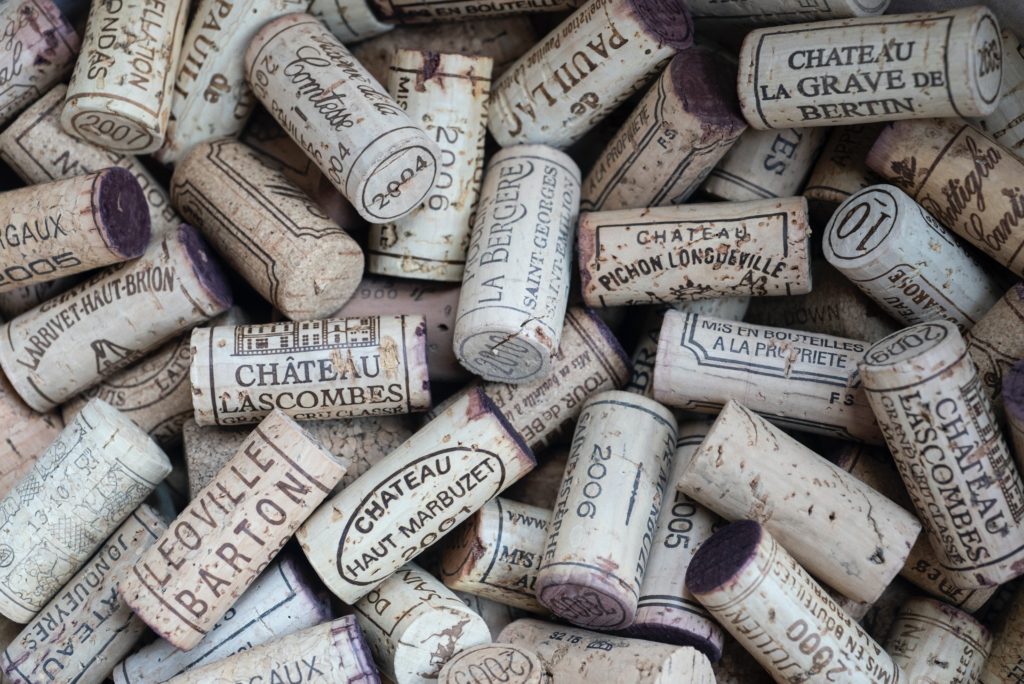Fine wine has the reputation of improving with age. In fact, wine lovers have been ageing their collections for thousands of years, but does it really make any difference?
The ancient Greeks produced ‘straw wine’, which could be aged due to its high sugar content. Wine buffs in Roman times loved their Surrentine and Falernian wines precisely because they could stand to be stored for years. There’s even mention of aged wine in the Bible: “And no one after drinking old wine desires new because the old is good” (Luke 5.39).
All of this adds up to a ringing endorsement for ageing your fine wine collection. Here’s why wine can be more enjoyable after ageing.
Why do some fine wines improve with ageing?
When certain wines are stored for years (a process known as wine ageing), they taste better. This is down to the chemical reactions that take place while the wine is sitting in the cellar – as long as it is properly temperature controlled that is. These chemical changes can alter the flavour, colour, aroma and mouthfeel of the wine.
Examples of some of the wines that age well due to high phenolic content include Nebbiolo, Syrah and Cabernet Sauvignon. The phenolic content in wine is about the natural polyphenols and phenol in the wine. This includes hundreds of chemical compounds, all of which affect how the wine tastes, smells and feels. These phenols are split into two broad categories: non-flavonoids and flavonoids. The latter include tannins and anthocyanins.
Tannins are up there as the most noticeable flavour and texture changing chemicals in wine. This particular phenolic compound gives red wine that distinctive ‘dry’ feel and taste after ageing. Tannins are found in the skins, seeds and stems of the grapes used to make wine.
Does this mean every wine tastes better after ageing?
No, not necessarily. Tannins are present in both red and white wines, but whites have much smaller amounts. When these low-tannin wines are aged in barrels, the tannin content does increase. Whites also have a higher level of acidity that can help to change their flavour for the better over time. So, wines with low pH levels, including Sangiovese and Pinot Noir can age well, but less acidic wines tend not to.
Tannins act as a wine preservative and can keep a good bottle of red drinkable for decades – sometimes 40 years or more. Young wines with high tannin levels have that specific astringent flavour, but over time the tannins disperse. This is when a wine is said to develop its own bouquet, or flavour and aroma profile. Over time, the wine becomes smoother, richer and less bitter.
Why storage conditions are important for fine wine ageing
However, it takes more than tannins to ensure a wine ages well. The temperature in which the fine wine is stored is very important. Wine is a delicate substance and can be destroyed if stored incorrectly. Ideal Wine Company uses temperature controlled bonded warehouses to ensure investors’ wine collections are always kept in the best possible conditions. Wine collectors who store theirs at home must also ensure the temperature and conditions are optimal if they want to enjoy or sell their wine later on.
Wine stored at the wrong temperature beings to oxidise. This is a process in which wine molecules absorb extra oxygen and begin to break down. The end result is a prematurely aged wine that tastes horrible and can’t be sold or enjoyed. This is why professional wine storage facilities are always temperature and humidity controlled.
For prime fine wine aging conditions, the temperature should be kept to between 10 and 13 Celsius (50 to 55 Fahrenheit. Humidity should not be too high, or too low as it affects the cork. If humidity is high, mould can accumulate on the cork. If it’s too low, the cork can crumble and cause the wine to oxidise.

